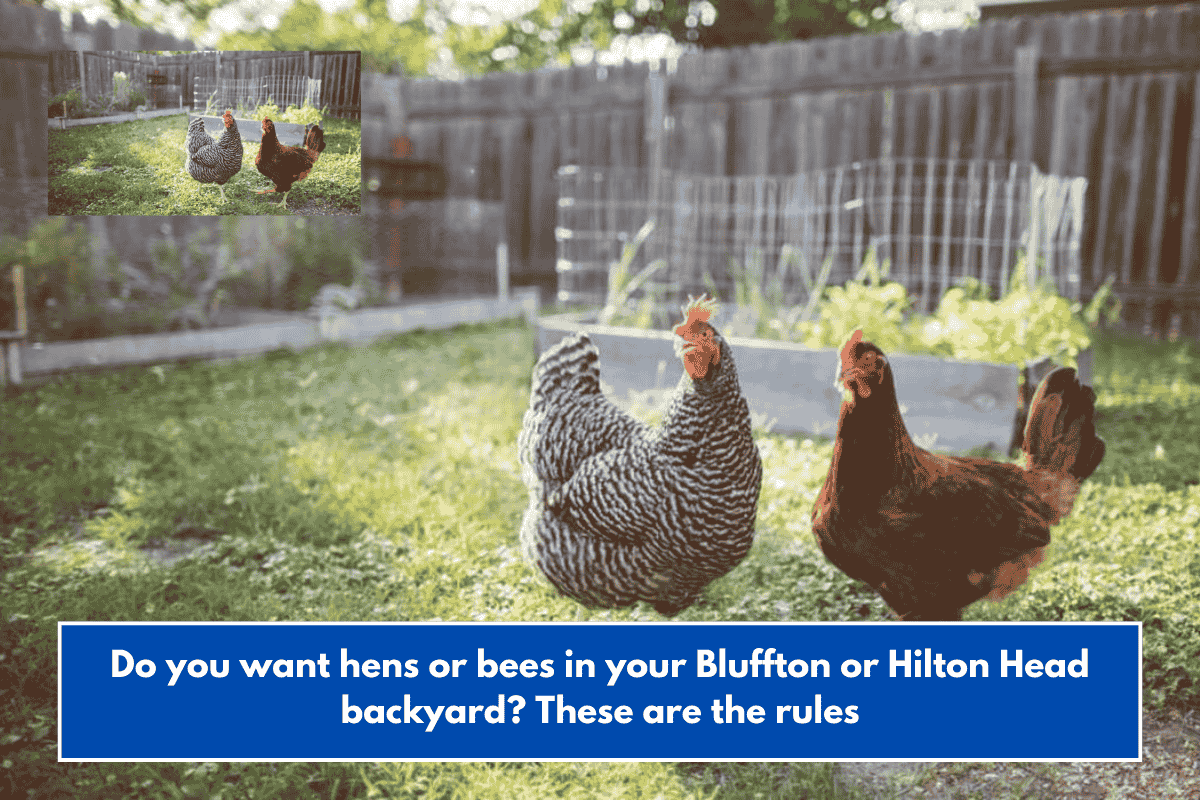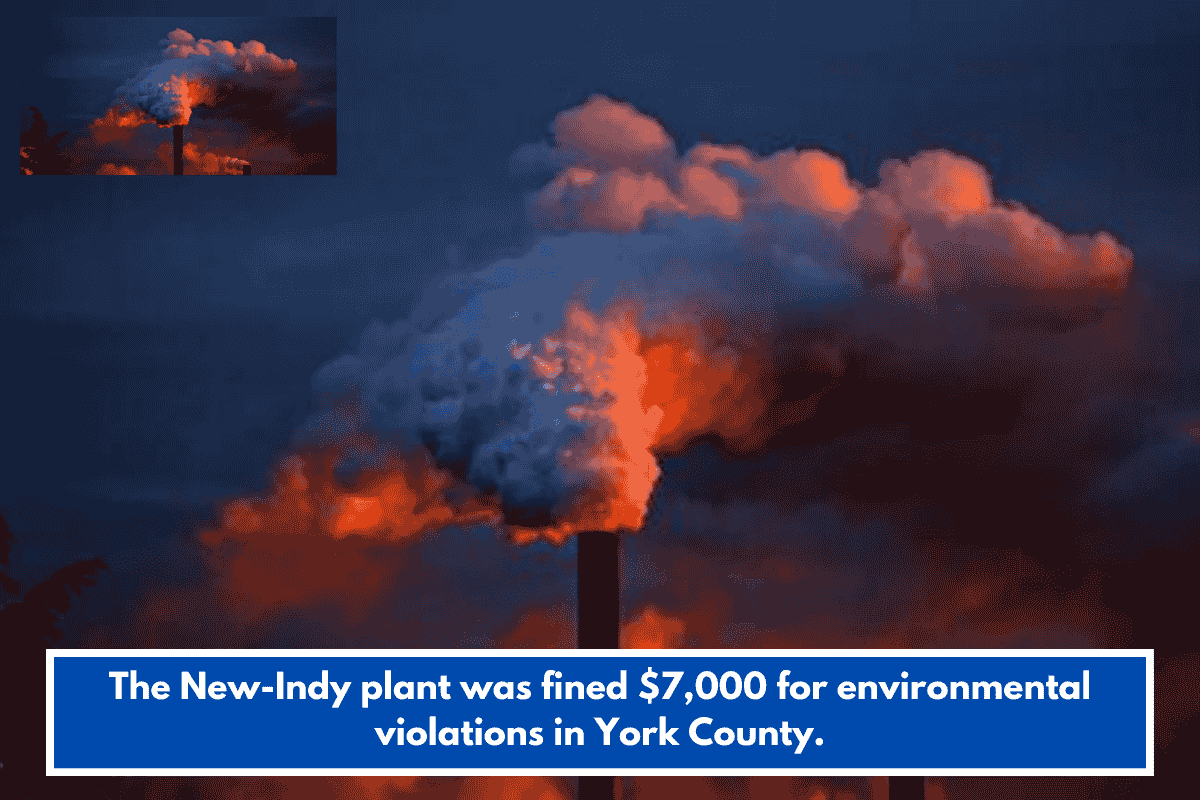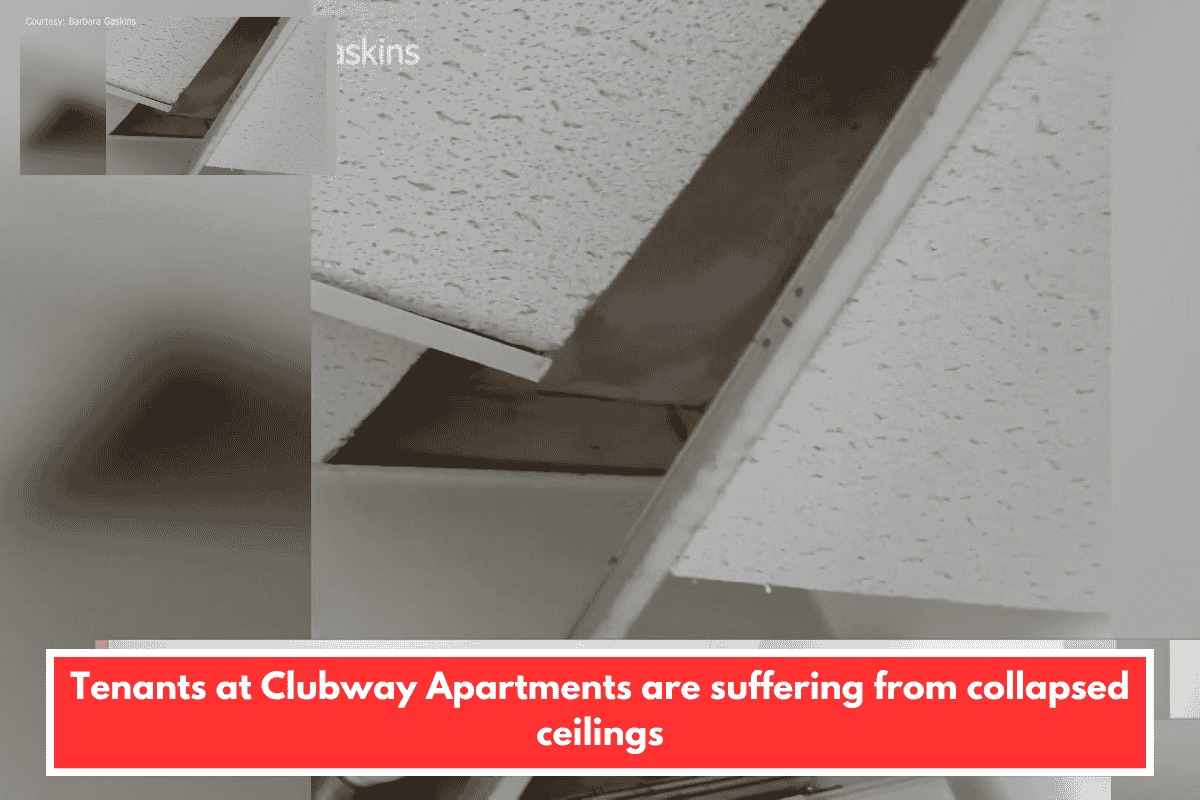If you’re thinking about turning your backyard into a green space with chickens, bees, or a compost pile, you’re not alone. Sustainability, homesteading, and eco-friendly living are growing trends—but before you dive in, it’s important to understand the local and state rules that apply, especially across Beaufort County and surrounding municipalities in the South Carolina Lowcountry.
Here’s a simple guide to help you navigate backyard chickens, beekeeping, and composting rules in the area.
Rules for Keeping Backyard Chickens
Beaufort County (Unincorporated Areas)
Backyard chickens are allowed as long as they don’t become a nuisance. Chicken coops are permitted as accessory use. However, it’s illegal to dye or color any animal, including chickens.
Bluffton
Residents can keep chickens with a conditional use permit. Chickens must be:
- Properly housed with food and water
- Kept within a secure, fenced enclosure
- Prevented from escaping and causing harm or damage
Hilton Head
The town does not specifically ban or allow chickens. However, if you’re planning to raise chickens:
- Coops must protect chickens from predators and flooding
- Chickens must not roam free
- Coops must be clean and stocked with fresh water and food
Check with the Land Management Ordinance or Community Development Department for clarity.
City of Beaufort
Chickens are allowed if:
- They’re kept in a clean, sanitary pen
- The pen is at least 40 feet from neighboring homes
Port Royal
Residents may keep up to six chickens under these rules:
- Roosters are not allowed
- Chickens must be kept in a clean, rear-yard pen
- The pen must be 40 feet from nearby homes
- Feed must be stored in rodent-proof containers
Note: Animal control enforces these rules. Other livestock like pigs or goats are not allowed in Bluffton or Port Royal unless zoning allows.
Beekeeping Regulations in the Lowcountry
Beekeeping in Bluffton, Hilton Head, Beaufort, and Port Royal is mostly governed by South Carolina state laws.
- Beekeepers must register their hives with the South Carolina Department of Plant Industry
- Before moving bees into the state, you’ll need a certificate of inspection and an entry permit
- There’s no limit on the number of colonies you can keep
- Registration is voluntary but helps protect your hives from pesticide exposure
Selling Honey:
If you plan to sell honey, your extraction and packaging facility must be inspected and approved by the SC Department of Agriculture.
Need help?
The Beaufort County Beekeepers Association offers mentorship and support for both new and experienced beekeepers.
Composting and Gardening Guidelines
Backyard composting is encouraged in Beaufort County. You can even get compost bins and resources through the county.
Composting Basics:
- Compost piles should be at least 3’ x 3’ x 3’ in size
- Make sure to allow for airflow and moisture
- The more surface area, the faster materials decompose
- Materials can include yard waste, leaves, plant clippings, and food scraps
Helpful Resources:
Visit the SC Department of Environmental Services or Beaufort County’s Solid Waste & Recycling Composting Program for detailed composting guides and how-to videos.
What About HOA Communities?
Even if local laws allow chickens, bees, or composting, your Homeowners Association (HOA) might not. HOA covenants often ban animals or activities that cause noise, odor, or attract pests.
Look for these restrictions:
- Chickens or bees: Wording like “No poultry, swine, cows, goats, horses, mules…”
- Composting: Often banned due to concerns about smell, rodents, or roaches
Important: HOA rules must be officially recorded with the county clerk or register of deeds, as per South Carolina law. Always check your HOA documents before making changes in your yard.
Going green in your backyard is a great goal, but understanding local and state laws is key. Whether it’s raising chickens for eggs, keeping bees for honey, or composting kitchen scraps, following the rules helps you stay on the right side of the law and keeps your neighbors happy. And if you live in an HOA community, always read the fine print before making any eco-friendly upgrades.









